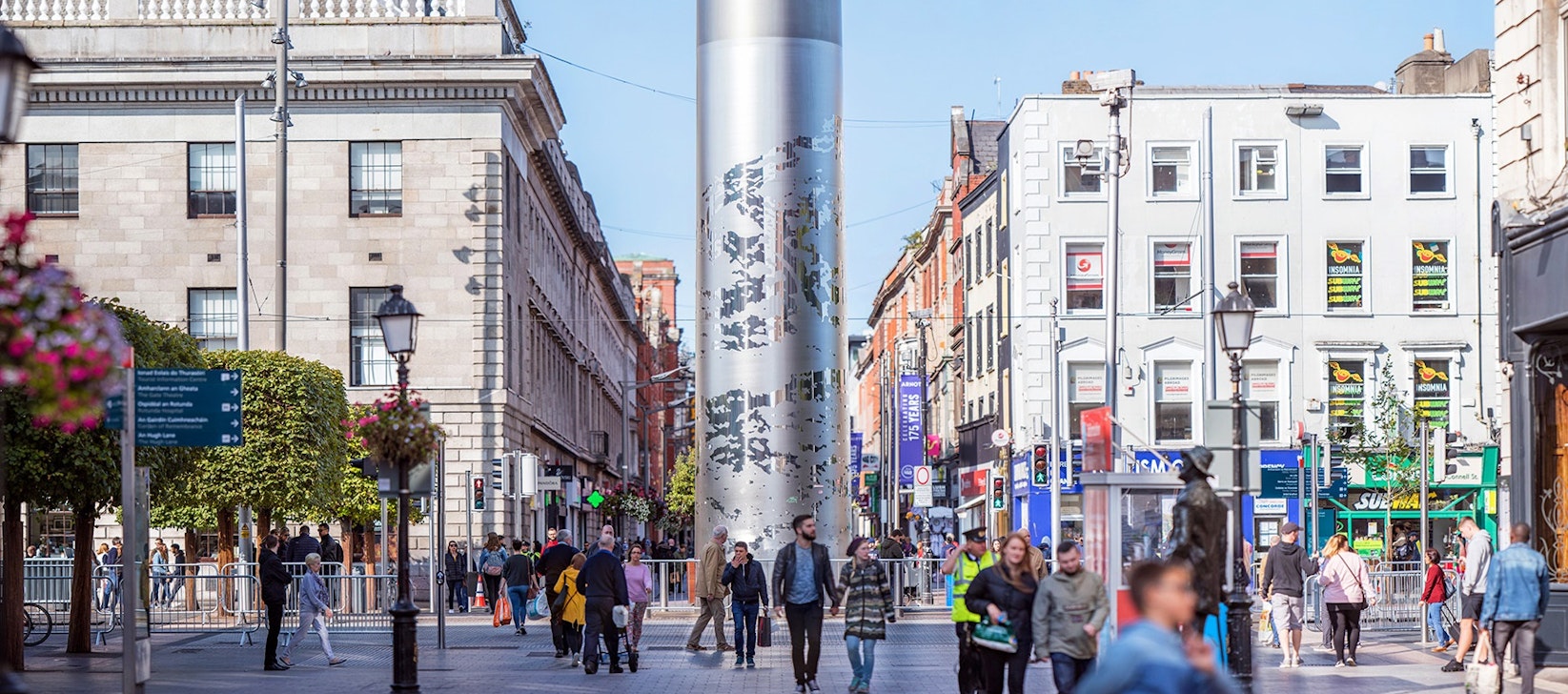The latest PMI survey shows that business activity continued to increase in the second quarter of the year, albeit at a softer pace than seen in Q1.
The latest PMI survey, from S&P Global, shows that business activity continued to increase in the second quarter of the year, albeit at a softer pace than seen in Q1. The headline rate stood at 54.9, down from 55.5 at the beginning of the year. On a sectoral basis, business activity was weighed down by a solid decrease in the Manufacturing sector (46.6) while both Services (56.8) and Construction (58.7) sustained sharp rises in Q2 with the latter the most pronounced since Q1 2022. Output across the Rest of Ireland (51.4) also recorded an increase in activity, but to a lesser extent than seen in the capital.
The New Orders measure remained robust at 54.8, the second consecutive quarter of strong expansion. Similarly to business activity trends, the rate of increase was softer than seen in the opening quarter of the year. The Rest of Ireland also saw an increase in New Orders at 52.8. The expansion in new business displays the continued resilience of the Irish economy in the face of inflationary pressures and tightening monetary policy.
On the employment side, tight labour market conditions persisted as Dublin staffing levels (51.8) increased for a tenth successive quarter. However the rate of employment growth was the weakest rate since Q1 2021. For the first time since Q2 2021, the rate of job creation for the Rest of Ireland (53.7) exceeded that seen for Dublin.
Business activity in Dublin and Ireland continued to increase in Q2 following a strong start to the year. However, a softening in activity is evident, particularly in relation to the rate of job creation in the capital. Although inflationary pressures are gradually easing – they remain prevalent and the full impact of global interest rate hikes has not yet fully played out, resulting in more of a subdued outlook throughout the second half of the year.
Commenting on the PMI, Laura Denman, Economist at S&P Global Market Intelligence said:
“The midpoint of 2023 saw the economic trends amongst Dublin private sector firms soften somewhat. While still marked overall, upturns for activity and new orders eased from the previous quarter and employment growth was the least pronounced in over two years. In line with themes seen for the Rest of Ireland and indeed globally, manufacturers have found it increasingly difficult to generate new orders over the past year or so while service providers continued to benefit from the release of pent-up demand following the COVID-19 pandemic.”





